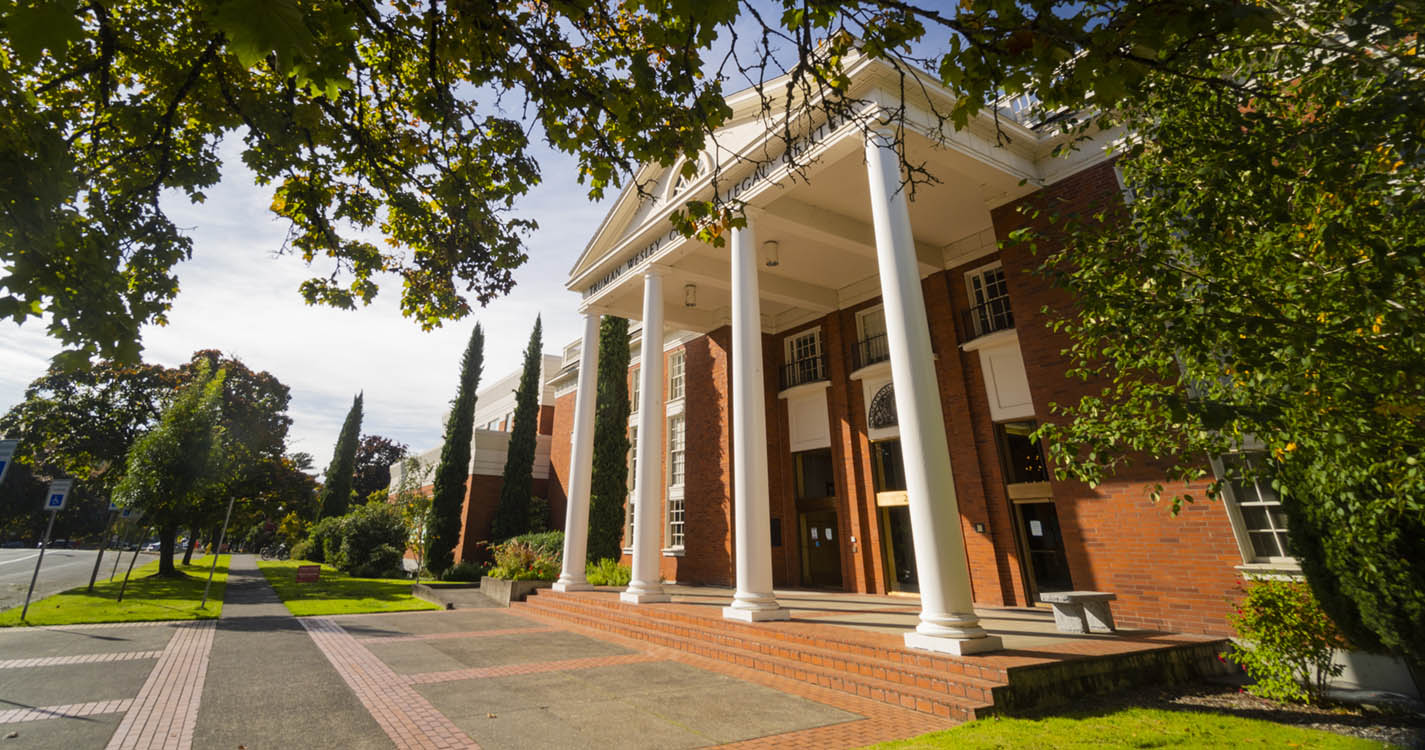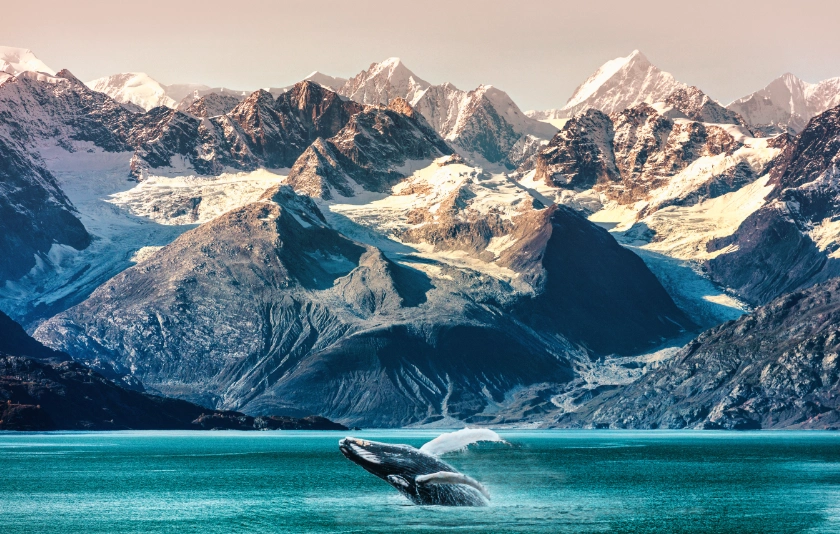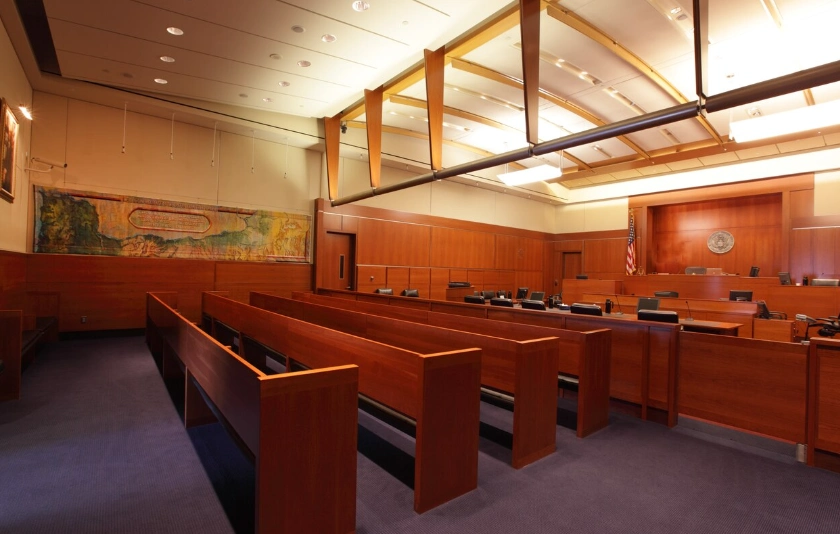In August 2001, Professor Steven Green found himself at a crossroads. For 10 years, he had been working as the legal director and special counsel for Americans United for Separation of Church and State.
He often worked until 9 or 10 at night. He saw many colleagues close to his age who would be exhausted before they retired. If he was going to make a career transition, he wanted to do it while he was still marketable. Having previously worked as a visiting professor at Vermont Law School, he began looking for a tenure-track position in academia.
He says he had never considered being a law professor, but after completing a doctorate in constitutional history, his advisors told him he could likely teach a range of courses in a law school curriculum. Following a decade of focus on First Amendment issues, the idea of a career educating students about them was appealing.
At the time, Willamette Law was looking for a visiting professor. Green visited the university for a debate and liked the environment and campus. Eventually, he was offered a tenure-track job at the school, and he has been in Salem, Oregon ever since.
Doing good
Green initially went to law school after taking an undergraduate civil rights course. He was inspired by the idea that the law could be used to do good. He earned his bachelor’s degree in history and political science, with a religious studies minor, at Texas Christian University, followed by a JD from the University of Texas School of Law.
During law school, he took part in legal aid clinics and worked for legal services and poverty law programs during the summers. Following his graduation, he clerked for the Texas Court of Appeals. Then, he moved across the country to be a staff attorney with Alaska Legal Services Corporation.
Often flying in to communities by bush plane, he represented low-income clients in a civil practice and Alaska Natives in land claims, allotments and fishing rights cases.
“It was an interesting experience, trial by fire sometimes,” he recalls. “In retrospect, it sounds more glamorous or adventurous than it was. Still, it was a great experience for a young lawyer.”
Green went on from there to be a trial court magistrate in Alaska for a year and a half before he and his wife decided to attend graduate school together at the University of North Carolina, Chapel Hill. He earned a master’s in American religious history and started work on his doctorate.
Then, he was off to Vermont for about four years in his first teaching position. During that time, he continued writing his dissertation and building his expertise in church and state issues. Through some work he had done with the American Civil Liberties Union (ACLU), he became familiar with the public interest organization Americans United for Separation of Church and State.
“I hadn’t heard of the organization before, but they focused solely on religion, law, and church and state, which was the area of study for my PhD,” he explains. “I thought it would be a good fit.”
Green joined the organization and primarily worked on appellate cases involving First Amendment issues from around the country. He regularly filed amicus curiae or “friend of the court” briefs with the Supreme Court and lobbied on Capitol Hill on First Amendment-related bills. He also served as co-counsel in several trials involving religious displays, religious activity in public schools, and vouchers for religious education.
Although he enjoyed the work, the days were long and frequently interfered with his ability to complete his dissertation. After receiving several extensions, he took a sabbatical and completed his dissertation in 1997. Then, he started thinking about a career change.
He and his wife ruled out living in various parts of the country. The visit to Willamette Law made an impact, and 22 years later, they’re still enjoying all the Pacific Northwest has to offer.
Establishing a niche
Over the years, Green made a name for himself as a sought-after scholar on First Amendment issues. He is frequently called by members of the media to offer an expert opinion on well-known court cases. He has continued writing Supreme Court amicus briefs, including in high-profile cases Kennedy v. Bremerton School District (2022); Masterpiece Cakeshop v. Colorado Civil Rights Commission (2018); and Hobby Lobby v. Burwell (2014).
Green says he is fortunate that his area of expertise “always has something percolating.”
“We are seeing a real transition in the Supreme Court’s attitude toward church and state matters, involving a lot of hot-button issues,” he says. “These cases continue to come up. I’ve carved out a nice niche.”
In addition to his work in advocacy, Green has written book chapters, more than 50 journal articles, reviews, commentaries and blogs, in addition to taking part in over 100 presentations and lectures. He’s also in the midst of the publication process for his eighth book, forthcoming in the spring of 2024, “The Grand Collaboration: Thomas Jefferson, James Madison, and the Invention of American Religious Freedom,” to be published by University of Virginia Press.
The book focuses on Jefferson and Madison, the so-called godfathers of church and state separation, who Green describes as forward-thinking.
“They had a progressive idea of church and state, though they were somewhat atypical of the founding period,” he says. “I was looking around and realized there are a lot of biographies about them, and even some dual biographies, but not one about their joint collaboration on religious freedom. I was really surprised.
“There are some books about Jefferson’s religion and some on Madison, but no dual biography. This is something all historians want to do, write a biography. So, I decided I’d do it. I’ve really enjoyed it. Sometimes you surprise yourself with what you learn.”
As he was studying the men, Green read 300-400 letters they wrote to each other on religious freedom issues. He says it’s fun to make connections from his research and present them.
He is always looking ahead, he says. Though that book isn’t yet published, he is already at work on his ninth, focusing on church and state development and free thought in the 19th century.
“It traces the intersection of various movements in the 19th century and has religion, speech, censorship and women’s rights in it,” he says. “I’m hoping I can get a full manuscript completed by next summer.”
And that’s just what he is doing on the side. In the meantime, he continues to appreciate teaching in the career he never imagined being a part of after law school.
“I like the students and faculty. I’m very fortunate in the subject matters I teach. I like all of them,” Green says. “I think I teach the best topics — Constitutional Law, First Amendment Law, Education Law —all of them I enjoy immensely.”




